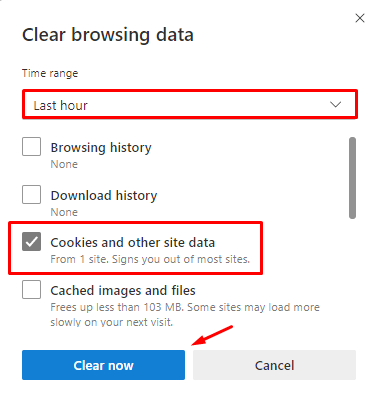

Thus deleting the browsing history and cached files will help to reload the fresh content from the server. When some of the cached data is corrupted or outdated then it will prevent in accessing the website. History of browsing, that is remembering all the accessed webpages.Remember, this will change based on your browser and settings. What are the Files Cached by a Browser?īelow are some of the information a browser will store in a cache or temporary storage. When you access the site within 10 days, all PNG images will be loaded from the browser’s cache instead of using from server. The browser will cache all PNG image files for next 10 days till the time of cache expiry. Let’s say, the web server sends a response with 10 days expiry for all PNG image files. When a website is opened in a browser, the source web server sends the content to browser with the cache expiry duration for each file type. These source files include fonts, scripts, stylesheets, images and other temporary files. So, when you open a website, your browser will start caching the source files. Especially, long loading webpages will consume higher mobile data which in turns lead to higher cost for the user. Speed is an important factor when using Internet. Warning before clearing browser history and cache.Cleanup history in Safari iOS (iPhone and iPad).Remove single and complete history in Firefox.Related: 10 shortcut tips for quick browsing.

Like restarting solves most of the computer problems, deleting history solves most of the browser related issues. Other browser also show similar errors in such case. On Chrome, you can see different errors like err_connection_closed or err_connection_reset mostly caused by the corrupted history files. Browser caching, though meant for speed up your browsing experience, can result in blocking the access to the website in many ways. Back to basics – let us learn how to clear browsing history in popular browsers like Chrome, Firefox, Microsoft Edge and Safari.


 0 kommentar(er)
0 kommentar(er)
